Update time : 2020-10-27 Publisher:Tongda
Commercial organic fertilizer is different from traditional farmyard fertilizer. Organic fertilizer can be divided into farmyard fertilizer and commercial organic fertilizer. In China’s 2002 organic fertilizer standard rules(NY525-2002), it is clear that organic fertilizer is derived from plants or animals. And it is applied to the soil to provide plant nutrition as a carbonaceous material. This standard rule does not include farmers self-made farmyard manure. The key difference between the two fertilizers lies in "competitive" and "harmless". Therefore, commercial organic fertilizer greatly improves the disadvantages that farmyard manure is with low nutrient content, large volume, low labor rate and high labor intensity. The organic fertilizers mentioned below are all commercial organic fertilizers. Organic fertilizer is beneficial to improve soil fertility. Compared with chemical fertilizers, an outstanding feature of organic fertilizer is that it can cultivate soil. The content of soil organic matter is an important indicator to measure soil fertility and is the material basis of soil fertility.
Soil organic matter directly affects the soil's fertility retention, water retention, buffering and aeration status. At present, in our country’s arable land, 80% is deficient in nitrogen, 50% is deficient in phosphorus, 30% is deficient in potassium, and organic matter is less than 1%. All kinds of organic fertilizer resources usually contain more than 60% organic matter, 2.5% nitrogen, and 2% phosphorus. They are not only good sources of fertilizer, but also good soil conditioners.
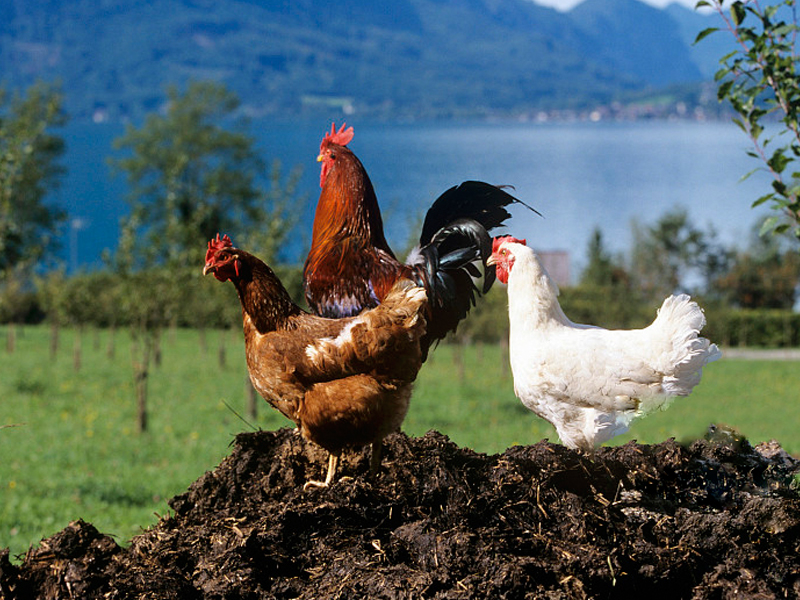
Organic fertilizer is helpful to improve product quality. Because the organic fertilizer has comprehensive nutrients, it contains a variety of inorganic nutrients and organic nutrients, as well as a large number of microorganisms and enzymes, ensuring a comprehensive and balanced supply of nutrients required for fruit growth, thus improving fruit quality and maintaining its inherent nutritional flavor. In terms of nitrogen nutrition, it is mostly supplied to plants in the form of NH4+ or amino acids. After entering plant cells, there is no need to consume a lot of energy and plant photosynthetic products. Such as sugars and organic acids, can directly participate in the synthesis of plant cell substances, so that plants grow fast and accumulate many substances such as sugar to produce natural agricultural products with good quality, and there are few harmful substances such as nitrate pollution.
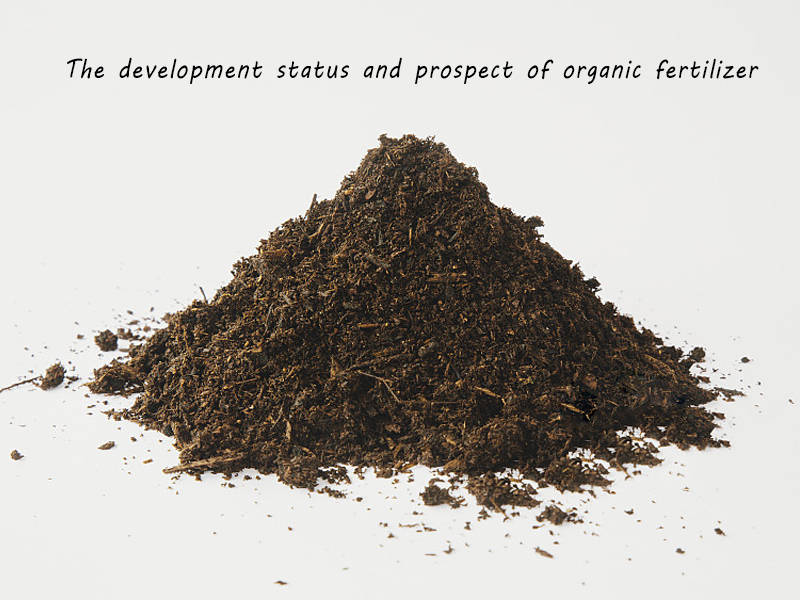
Issues restricting the development of organic fertilizers. In 2007, the amount of organic fertilizer used in the country only accounted for 25% of the total amount of fertilizer used, of which, livestock and poultry manure conveniently used traditional composting methods accounted for about 50%, and factory utilization methods were less than 1%. The main reasons restricting the development of the industry are: First, the fertilizer sources and quality are uneven among enterprises, and the lack of uniform product standards makes it difficult to directly distinguish the advantages and disadvantages; the second is that the equipment and technology of the enterprise are relatively simple and the industrialization development is slow; the third is although organic fertilizer is beneficial to the enhancement of soil fertility, it is slower than chemical fertilizers and needs to be slowly reflected in soil fertility over time. This lack of high returns in a short period of time makes farmers who do not have high expectations or strong attachments to the land, are unwilling to spend time and effort to use organic fertilizers.
Future development opportunities of organic fertilizer. With the consumption upgrade, energy saving and consumption reduction, and the increasing demand for green food, organic fertilizer will usher in greater development opportunities. The main reasons are as follows: First, the price of chemical fertilizers fluctuates and is increasingly restricted by resources such as coal, natural gas, phosphate rock, and potash ore. The development of new chemical fertilizers and reducing energy consumption are one of the directions of future fertilizer development; the second is the mixed use of organic fertilizers and chemical fertilizers, which improves the quality and quality of products and helps downstream enterprises to obtain better economic benefits; the third is for everyone concerned about food safety issues, organic fertilizer can provide some special organic green food bases to produce organic food. And this market will open a larger demand gap for organic fertilizers.
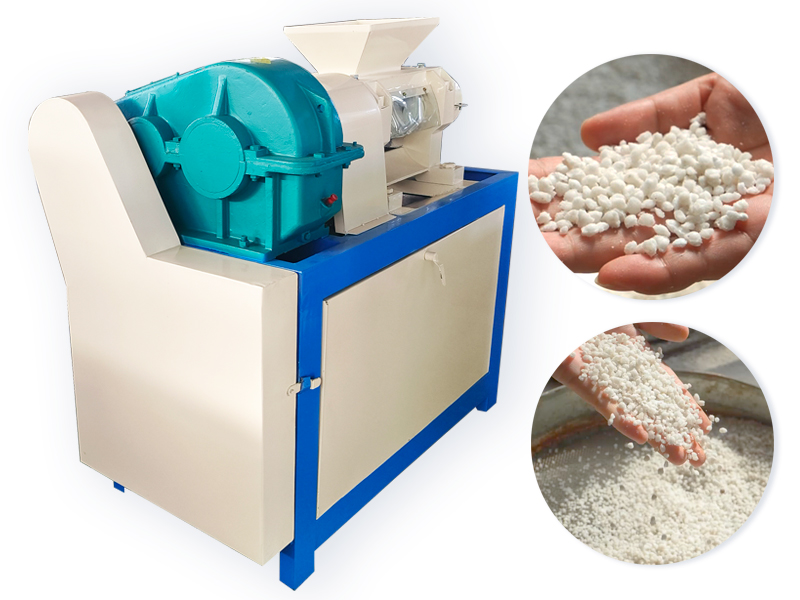
see details +
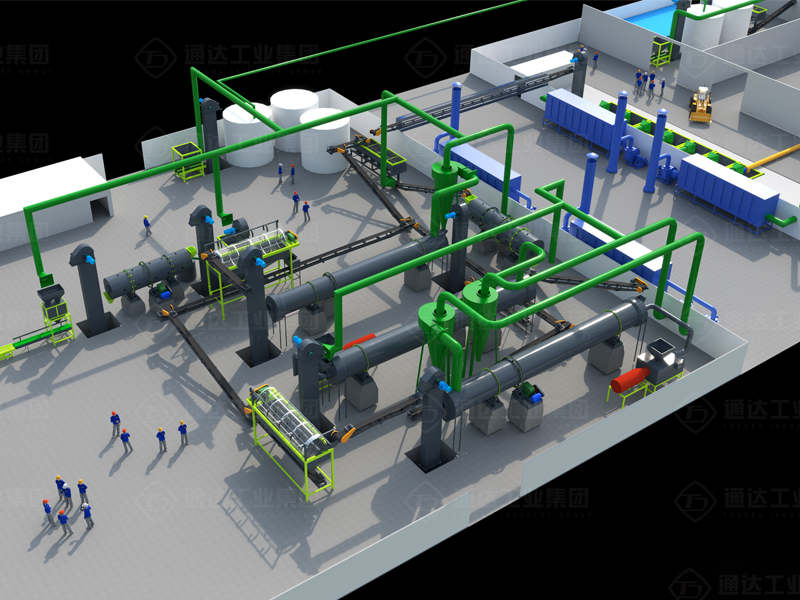
see details +
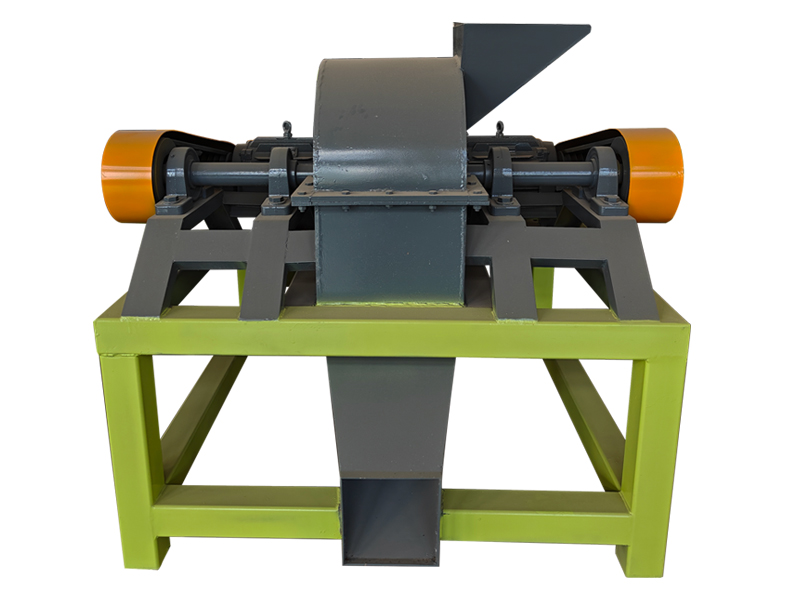
see details +
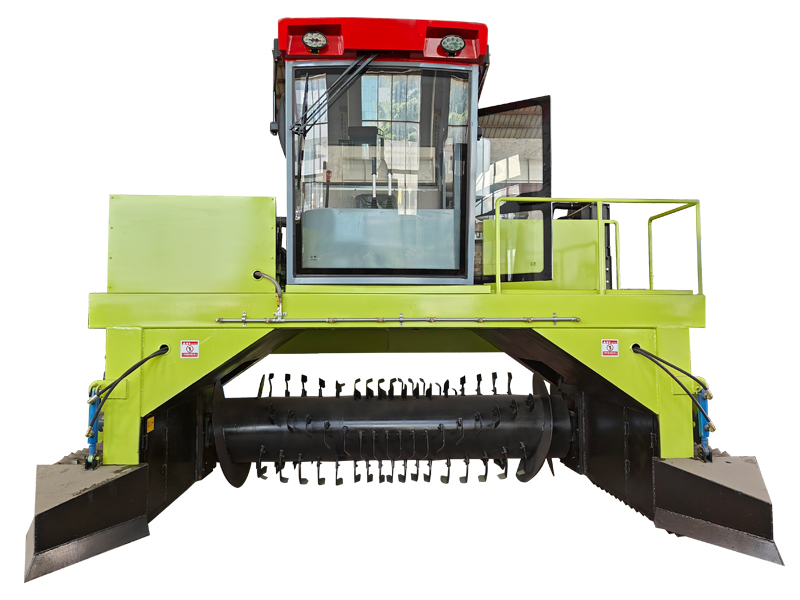
see details +

Fermentation Compost Equipment >
 Tel:+86 18538527111
Tel:+86 18538527111
 E-mail:[email protected]
E-mail:[email protected]
 Address:Longgang Development Zone Of Xingyang City, Zhengzhou City, Henan Province, China.
Address:Longgang Development Zone Of Xingyang City, Zhengzhou City, Henan Province, China.
Privacy Policy Copyright © Henan Tongda Heavy Industry Science And Technology Co., Ltd.